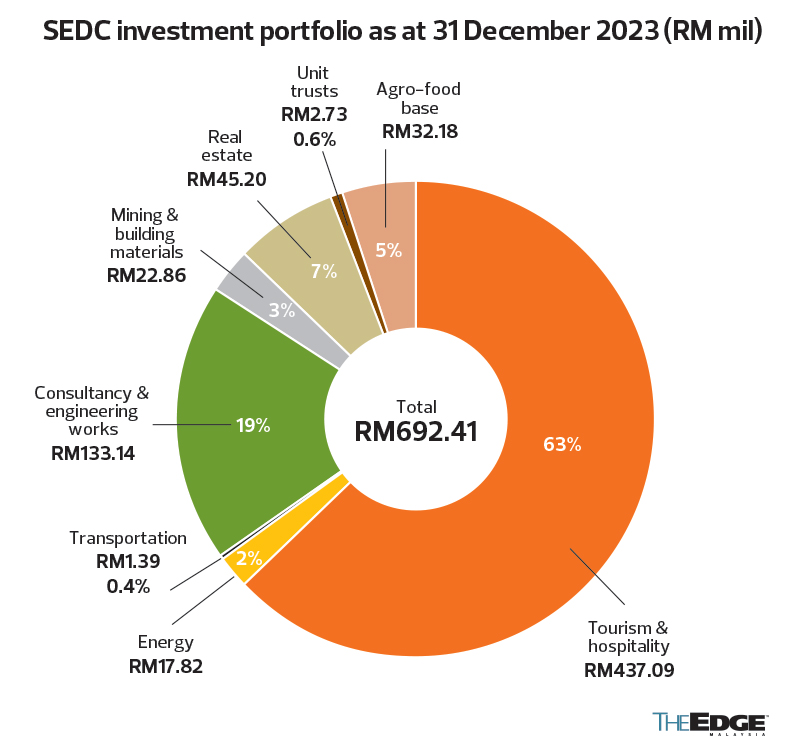Malaysia has successfully attracted potential foreign investments amounting to RM76.1 billion as of March this year, the result of the country’s successful trade and investment missions in Australia, Germany and France, said Prime Minister Datuk Seri Anwar Ibrahim.
He attributed the success to the collaborative efforts of several ministries and government agencies, such as the Ministry of Finance (MOF), the Ministry of Investment, Trade and Industry, the Ministry of Foreign Affairs, the Securities Commission and Bursa Malaysia.
Speaking at a gathering with the MOF’s staff here today, he said this was the result of the government’s efforts to ensure political stability, cooperation with civil servants, as well as its clear national goals and policies.
“Clarity in our economic policies is important and will help us and give us a new hope,” he said.
Anwar also highlighted the warm reception extended during his recent official visit to Germany.
“Germany boasts a robust economy, ranking as the third-largest globally. The warm reception we received as a small nation fills us with pride,“ he said.
Recently, it was reported that Malaysia had succeeded in attracting potential investments worth RM45.4 billion following the prime minister’s recent visit to Germany.
However, Anwar stressed that there is still ample room for improvement, including in terms of expediting project approvals.
“We must sustain such efforts, and if we can increase it, I think that in two or three years, Malaysia’s landscape will change,” he said.
Meanwhile, commenting on the growth figures and forecasts for this year, Anwar noted that Bank Negara Malaysia’s Economic and Monetary Review 2023 released yesterday was positive and reassuring.
“The foundation of Malaysia’s economy remains robust, and the economic outlook for 2024 is better than that of 2023 as we achieved a gross domestic product growth of 3.7 per cent despite facing various challenges and the global economic volatility.
“For this year, our economy is expected to strengthen further with growth forecasts of 4.0-5.0 per cent,“ he said.
Factors which would support the improvement in economic performance include the decrease in the unemployment rate, which fell to 3.3 per cent in January 2024, and the inflation rate which dropped to 1.6 per cent in the fourth quarter of 2023 (4Q 2023) from 2.0 per cent in 3Q 2023.
Export performance also showed signs of recovery in January this year with an increase of 8.7 per cent after declining for ten consecutive months (March to December 2023).
In addition to the positive macroeconomic figures, the prospects for national investment are also at a very promising level.
“Last year, we achieved approved investments totaling RM329.5 billion, the highest in the country’s history,“ added Anwar.
Source: Bernama
Malaysia attracts RM76.1 bln potential foreign investments as of March 2024 – PM Anwar
Content Type:
Duration:



